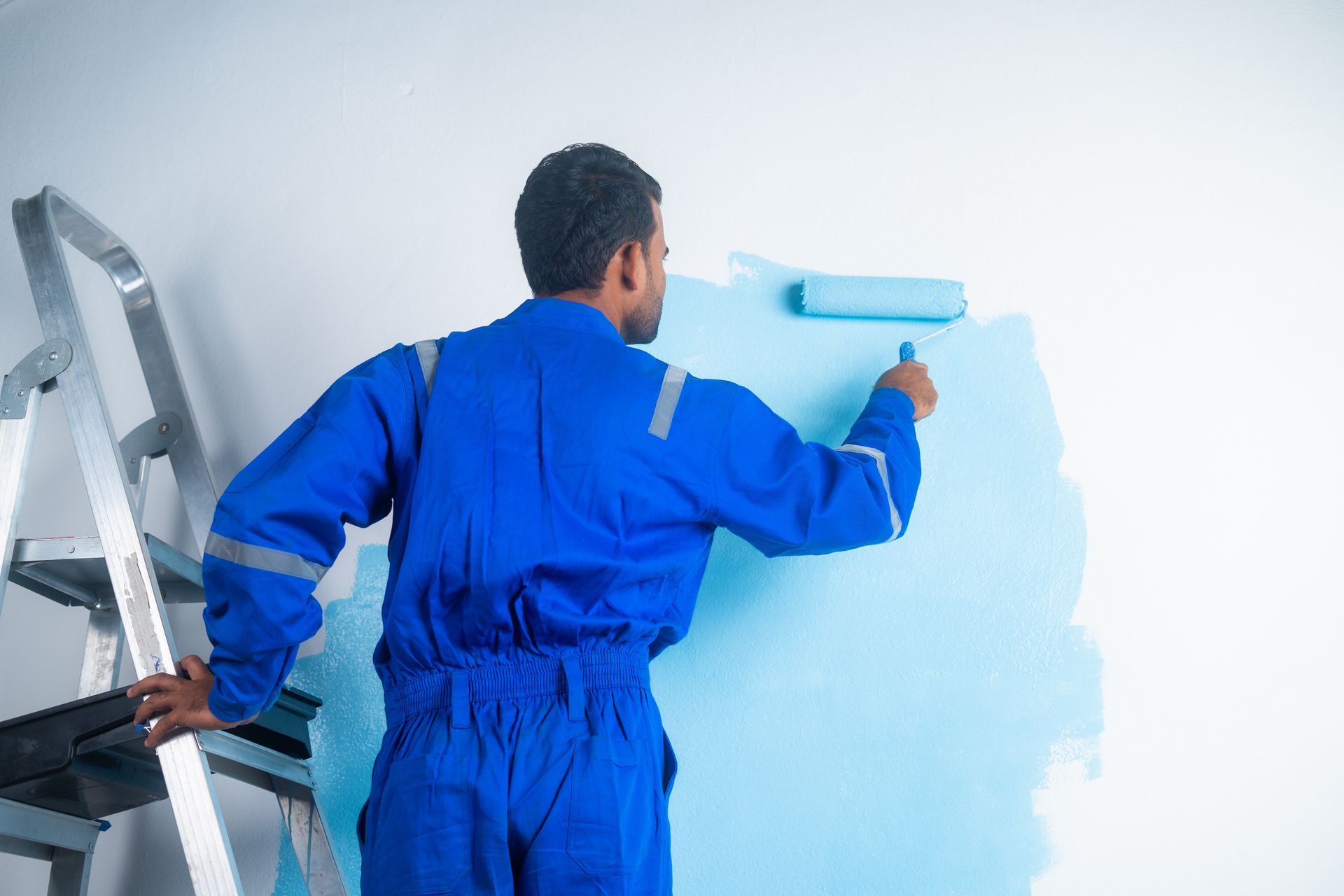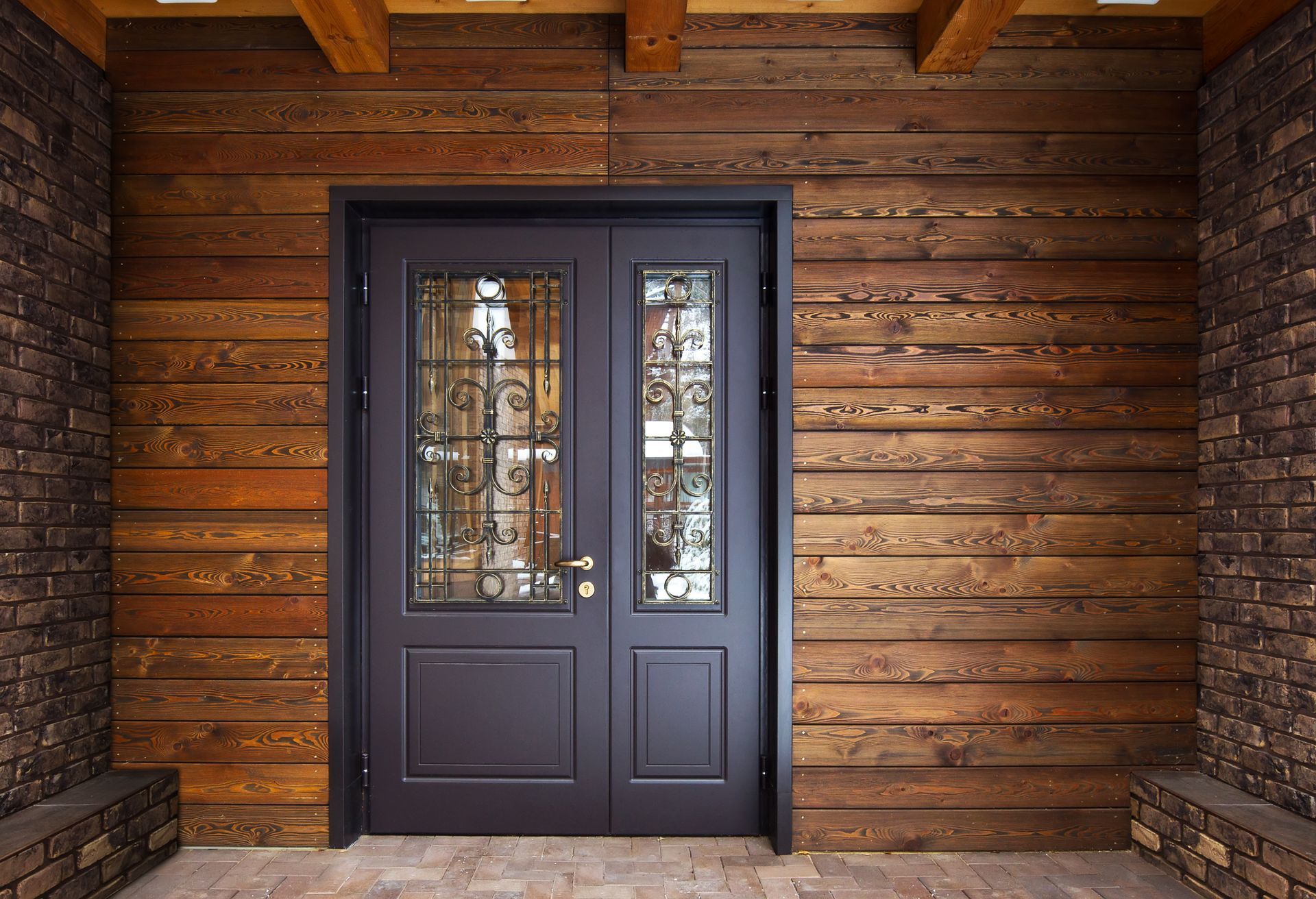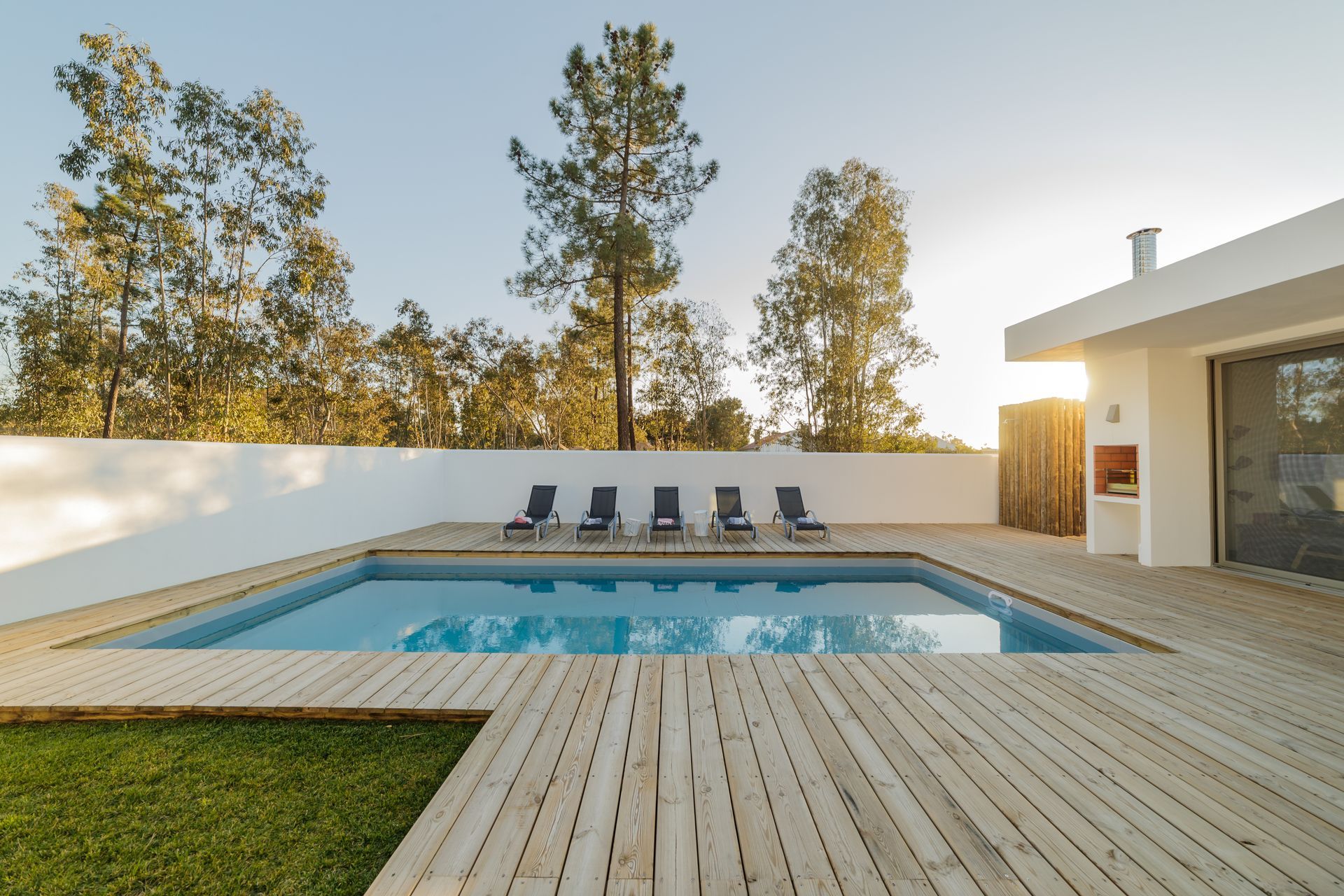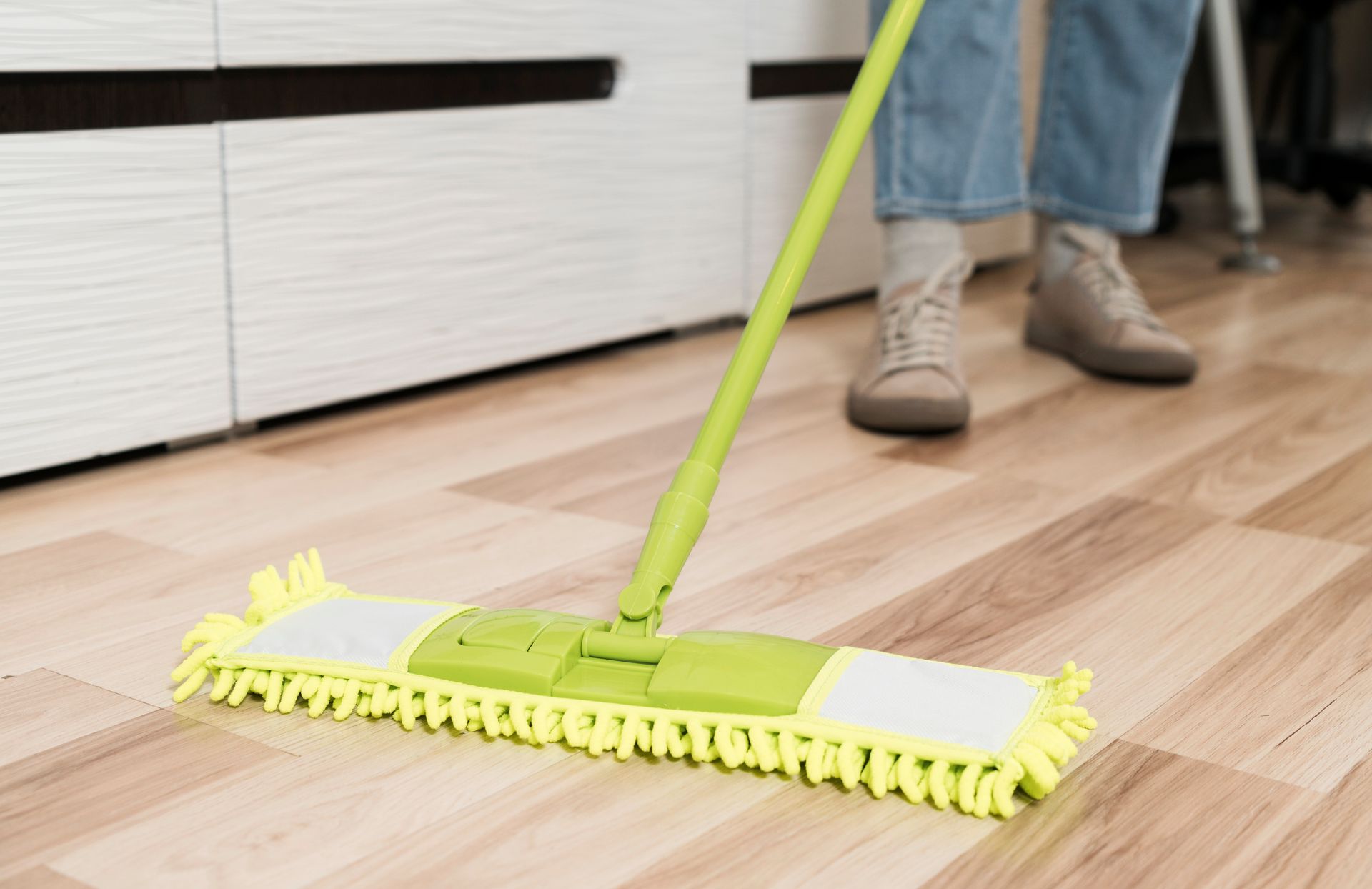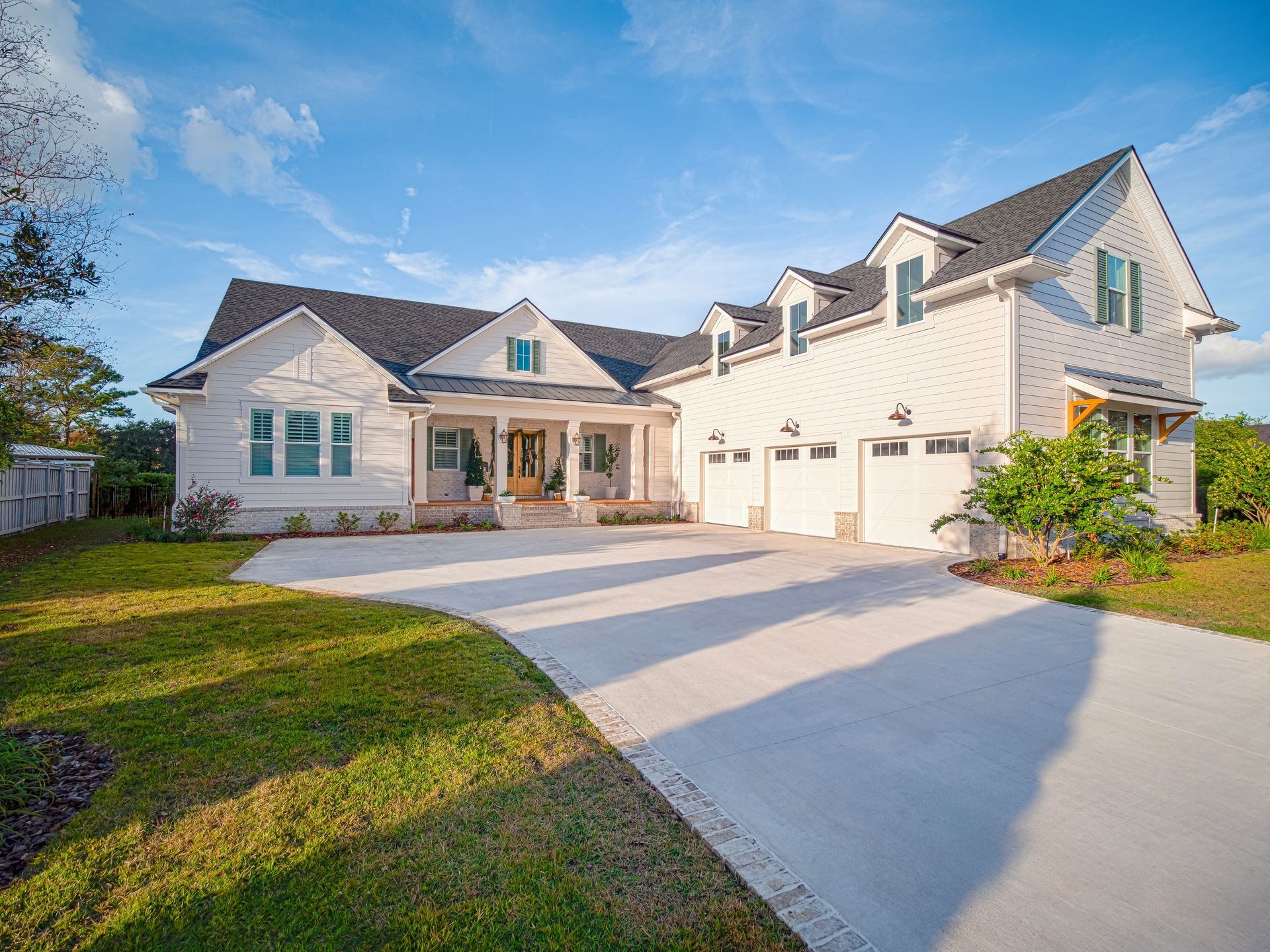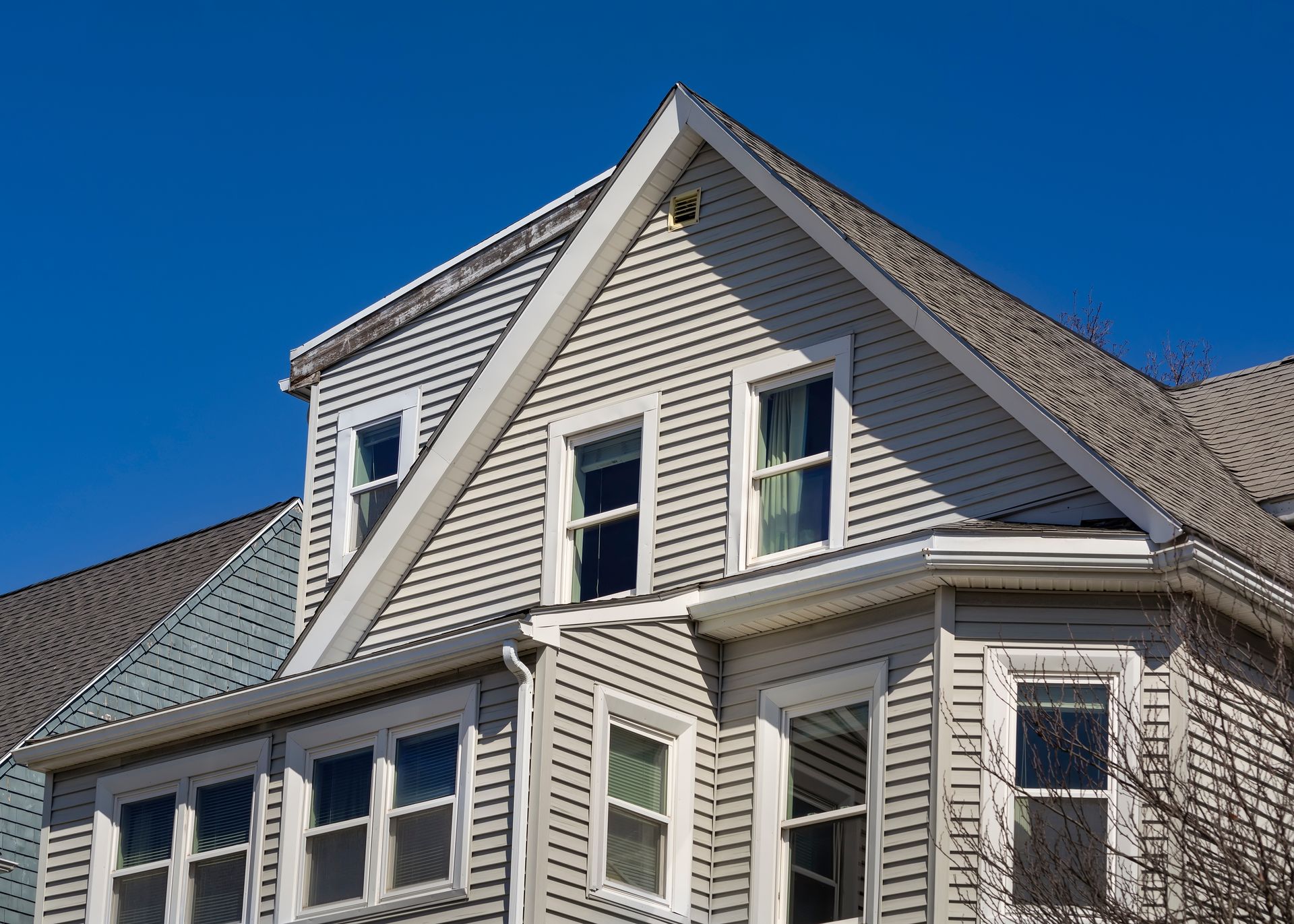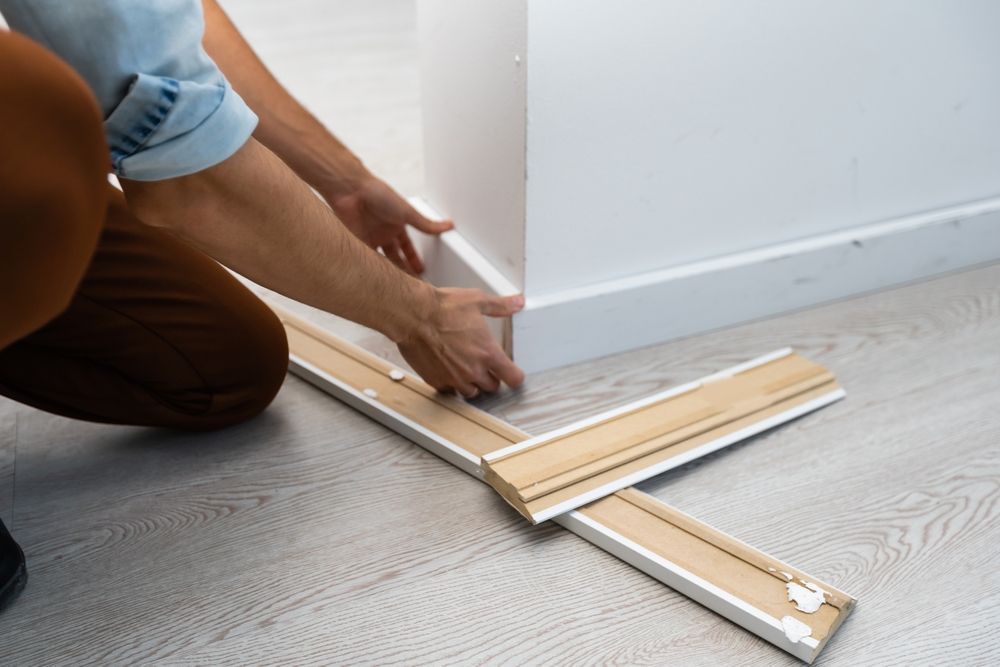Wood vs. Composite Decking: What's Best for Your Raleigh Home?
At Quick Care Home Repair, we understand that deciding to build a deck is a significant part of enhancing your outdoor living space. Among the most critical considerations in this process is your choice of decking material. Should you go for the traditional charm of wood or leap into the modern durability of composite decking?
In this article, we dive into the pros and cons of wood vs. composite decking to guide you in making the most fitting decision for your home in Raleigh, North Carolina, and its surrounding areas.
Wood Decking
As a testament to its natural beauty and affordability, wood has remained a popular choice for decks over the years. It exudes a classic, timeless elegance that can be stained or painted to resonate with any outdoor aesthetic.
Pros of Wood Decking
Natural Aesthetic: With their warm and traditional appearance, wood decks are often a favorite among homeowners seeking a rustic and authentic outdoor ambiance.
Lower Upfront Cost: When working with a tight budget, pressure-treated wood can be a cost-effective solution compared to composite decking.
Customizable Finish: Wood allows for unlimited creativity since you can stain or paint the material in a multitude of colors and finishes.
Eco-Friendly Option: Being biodegradable, natural wood lessens plastic waste, making it a great option for environmentally conscious homeowners.
Cons of Wood Decking
High Maintenance: Wood decking requires regular sealing, staining, and cleaning to prevent issues such as rot and color fading.
Shorter Lifespan: Over time, wood is susceptible to splintering, warping, and insect damage, leading to a generally shorter lifespan compared to composite materials.
Weather Sensitivity: Prolonged exposure to harsh elements like moisture and sunlight can accelerate the deterioration of wood.
Composite Decking
On the other hand, composite decking is a modern alternative crafted from a mix of wood fibers and plastic. Designed to emulate the look of real wood, it triumphs in providing greater durability and ease of maintenance.
Pros of Composite Decking
Low Maintenance: Composite decking requires minimal maintenance, saving you from the hassle of frequent staining, sealing, or sanding.
Durability: This material is resistant to rot, splintering, insect damage, and weathering, ensuring that your deck retains its look and functionality longer.
Longer Lifespan: With proper care, composite decks can serve your home for a remarkable 25–30 years or even more.
Variety of Styles: Composite decking is available in an array of colors and textures, allowing you to tailor your deck to any design preference.
Cons of Composite Decking
Higher Upfront Cost: While its initial cost is typically higher than wood, composite decking can be a worthwhile investment in the long run due to its lower maintenance costs.
Less Natural Appearance: Despite high-quality composite decking’s ability to mimic wood, it lacks the unique natural grain characteristic of wood.
Heat Retention: Under direct sunlight, composite materials can retain more heat compared to wood, which can be inconvenient during hotter months.
Which Option Is Best for You?
The decision between wood and composite decking hinges on your preferences and priorities:
If you yearn for a natural look and are willing to maintain the deck regularly, wood may be your ideal choice.
If you value low maintenance and long-lasting durability, the composite decking could be a worthwhile investment.
At Quick Care Home Repair, we are experts in constructing high-quality custom wood and composite decks tailored to your needs and preferences. As the trusted home improvement partner in Raleigh, North Carolina, and the surrounding communities, we are committed to transforming your outdoor space into an inviting oasis.
Contact us today to discuss your project and discover the perfect decking solution for your cherished home!
QUICK CARE HOME REPAIR
PHONE
BUSINESS HOURS
- Mon - Fri
- -
- Sat - Sun
- Closed
BUSINESS HOURS
- Mon - Fri
- -
- Sat - Sun
- Closed

